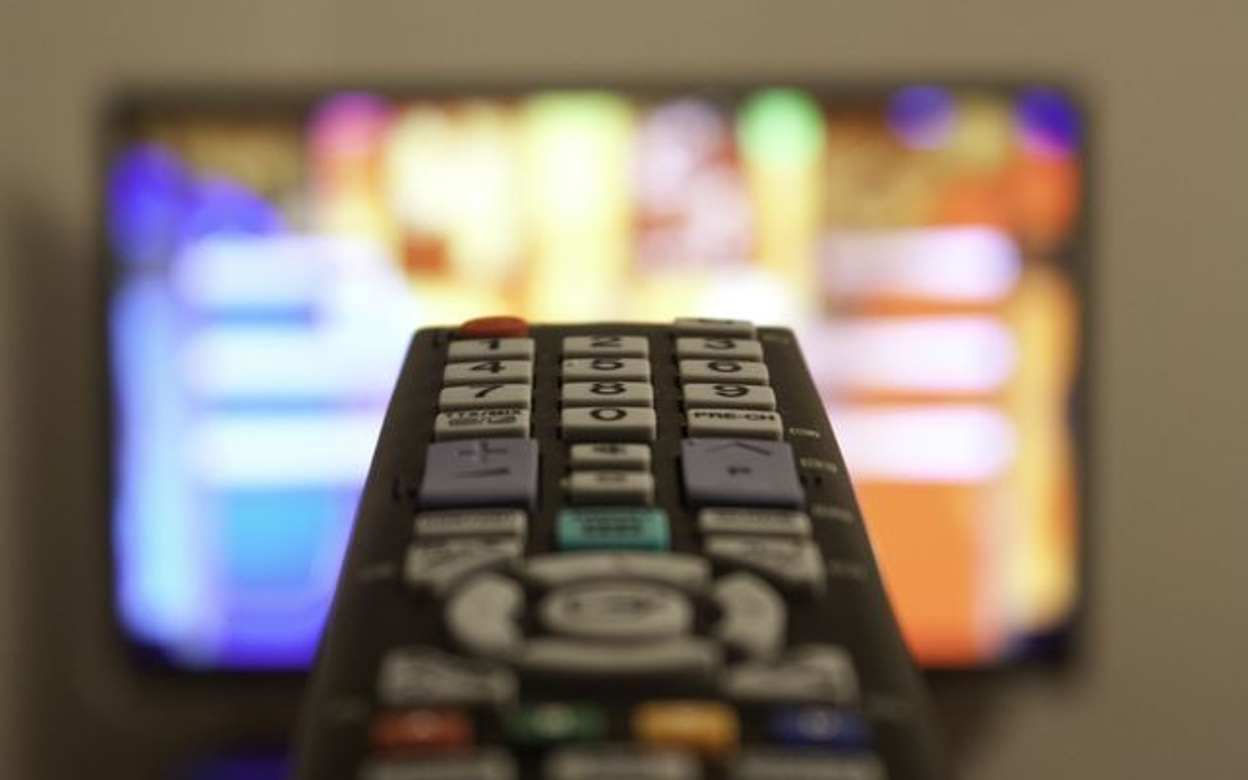Lex pilot stays for now. Media war unfolding.
Rzeczpospolita, p. A17 | January 16, 2023
The Sejm did not agree to abandon the work on regulations for the telecommunications and pay-TV market. Private companies have not surrendered.
“Lex remote will lead to higher fees for television, result in deterioration of the quality of channels and reduce the variety of choice,” alarms the Polish Chamber of Electronic Communications in a press release sent after the Sejm rejected the opposition’s motions on Friday not to continue work on the act for the telecommunications market, and now also for the media market.
It is about the electronic communications law, which introduces rules that benefit consumers of telecommunications services. The Electronic Communications Law (PKE) should have been adopted two years ago, and now a new version of the law was created just before the parliamentary stage of the legislation. Now it contains provisions that assume amendment of the Act on the National Broadcasting Council (the so-called lex remote), which has vigorously shaken the market of paid television platforms.
The list of companies that need to provide access to users’ data to law enforcement agencies has also been extended to include online messengers and e-mail providers. Although according to the Panoptic Foundation, this expands the option of citizen surveillance, domestic businesses have not been particularly agitated by this matter. Perhaps it is because legislators want to add, among others, global players, such as Meta, Messenger’s owner, or WhatsApp, to the group of companies obliged to store and share data on users.
PIKE brings together cable and satellite television operators. They are the ones who are expected to be the most affected by lex remote. The appeal to abandon amendments to the PKE was also signed by the Polish Chamber of Information Technology and Telecommunications, whose members operate in other sectors of the telecommunications, media, and technology market. On Friday, the Chamber recalled the joint letter of eight chambers and said that the most significant market challenge for the 2023 election year would be the respect for pluralism and media freedom. The Chamber believes that the potential changes in the law require an in-depth reflection and analysis, given the consequences of the changes put forward by the bill proposer.
The chambers have launched lexpilot.pl website on this issue.
The losses that the companies are afraid of have not been estimated yet. This is because, as the PIKE explains to us, it is not clear what the final shape of the legislation will be. The government representatives were supposed to announce that the bill would be amended.
Representatives of the sector talk about losses in the order of millions of zlotys (the industry earns approx. 6.7 billion zlotys a year) and have raised the alarm that the MPs are throwing a bomb into the market and that the new bill, if it becomes an act, would mean a business revolution for them, which would be beneficial to Telewizja Polska and global OTT players only.
Today, subscribers must have access to at least TVP 1, TVP 2, TVP 3, Polsat, TVN, TV Puls, and TV 4 in their plan. After the change, subscribers will have the first five channel numbers pre-set for TVP 1, TVP 2, TVP 3, TVP Info, and TVP Kultura, with the following 30 numbers selected by the National Broadcasting Council. More specifically, the legislation mentions the sequence of channels in the so-called Electronic Programming Guide (EPG), which is usually linked to the remote. “As a result of changes in channel numbers, the position of local channels popular in smaller towns will be significantly weakened,” says Jerzy Straszewski, President of PIKE.
The industry is not only concerned about the channel number changes. The bill requires operators to allow viewers to choose individual channels (the so-called à la carte model). Companies believe this requirement is difficult to implement, for example, because there are many channels owned by foreign companies which the legislation would not apply to. They also argue that à la carte channels will be expensive. “This regulation is detrimental to the Polish market,” says Jacek Kobierzycki, CEO of Toya cable television.


